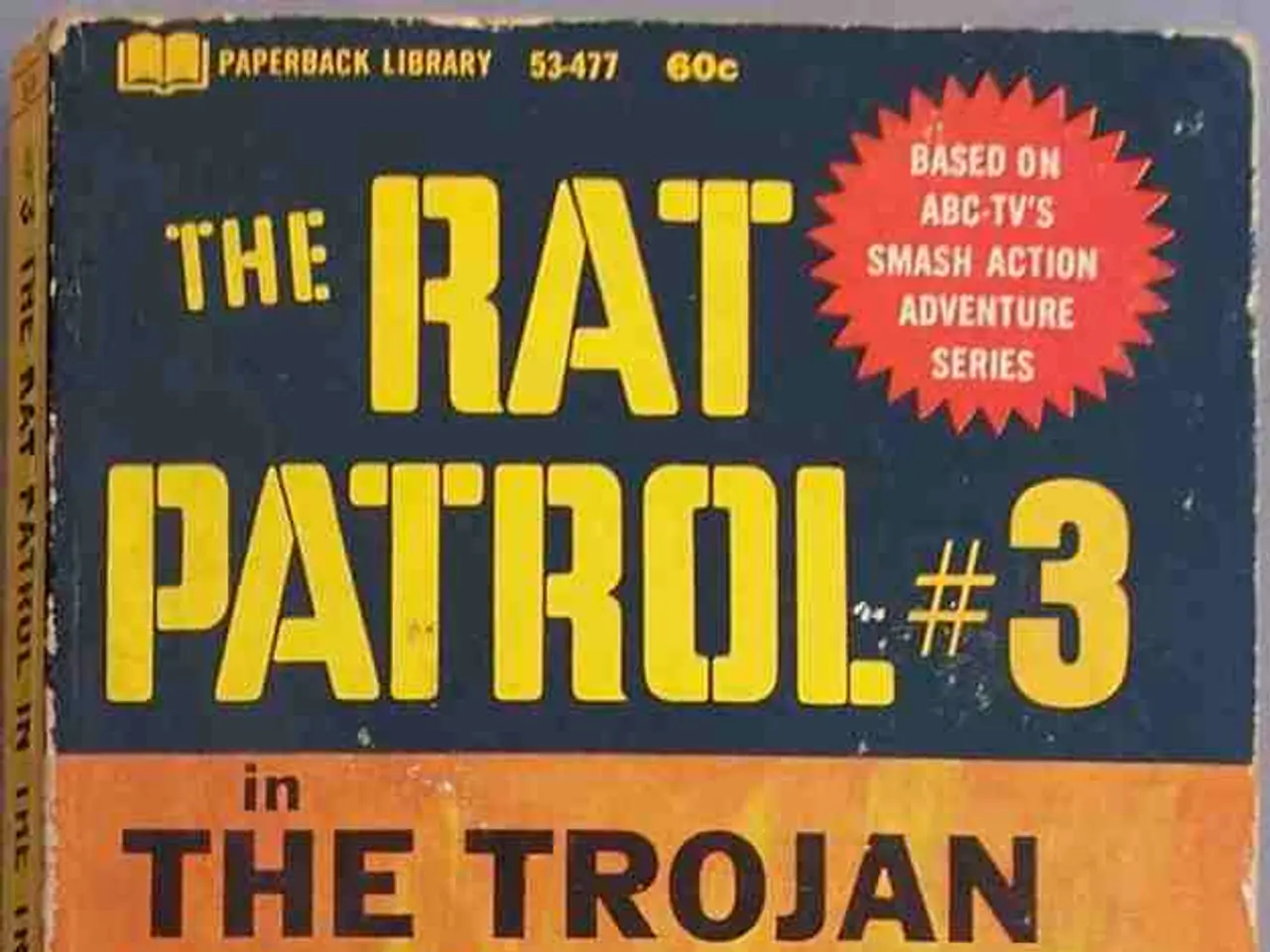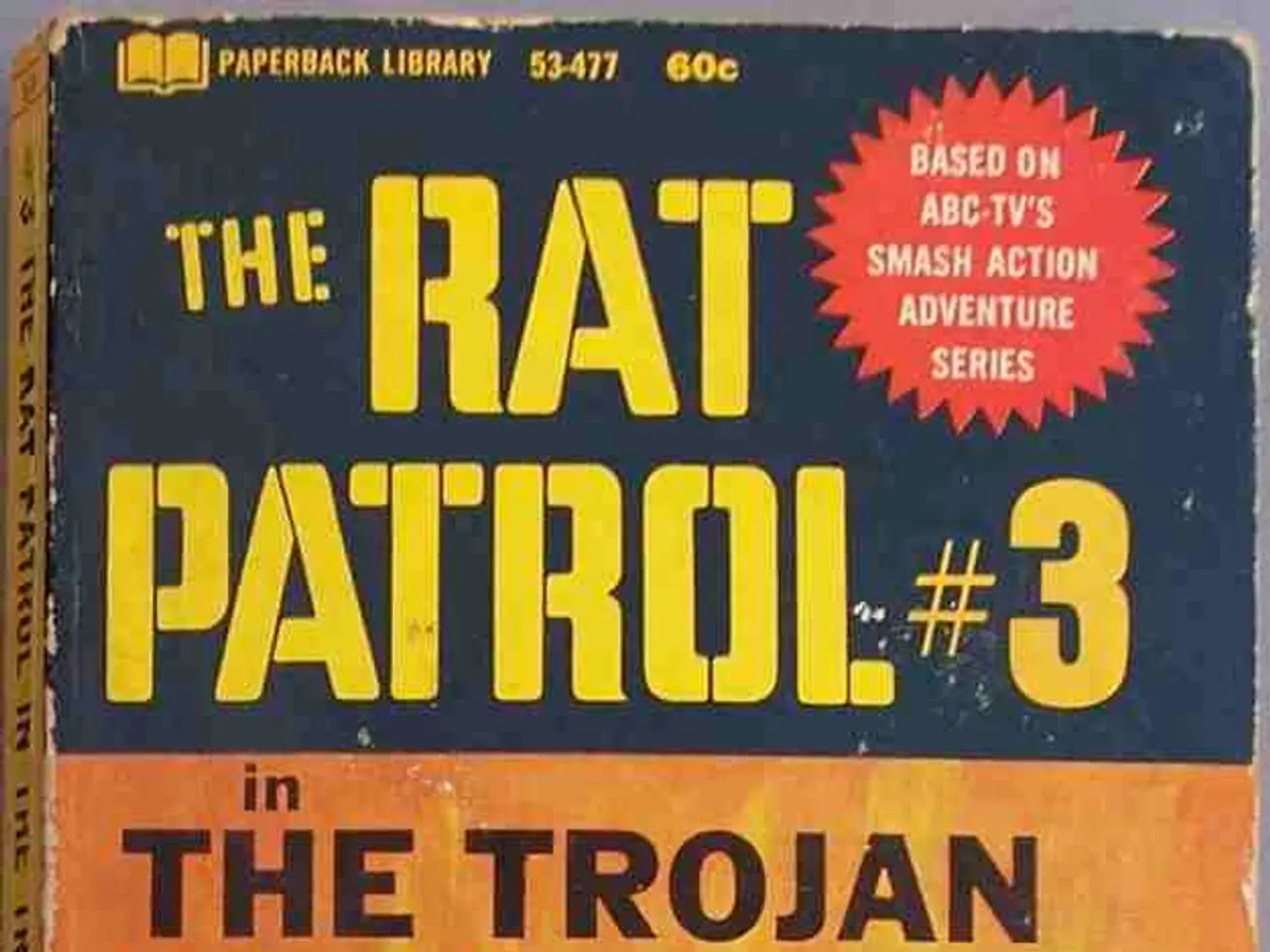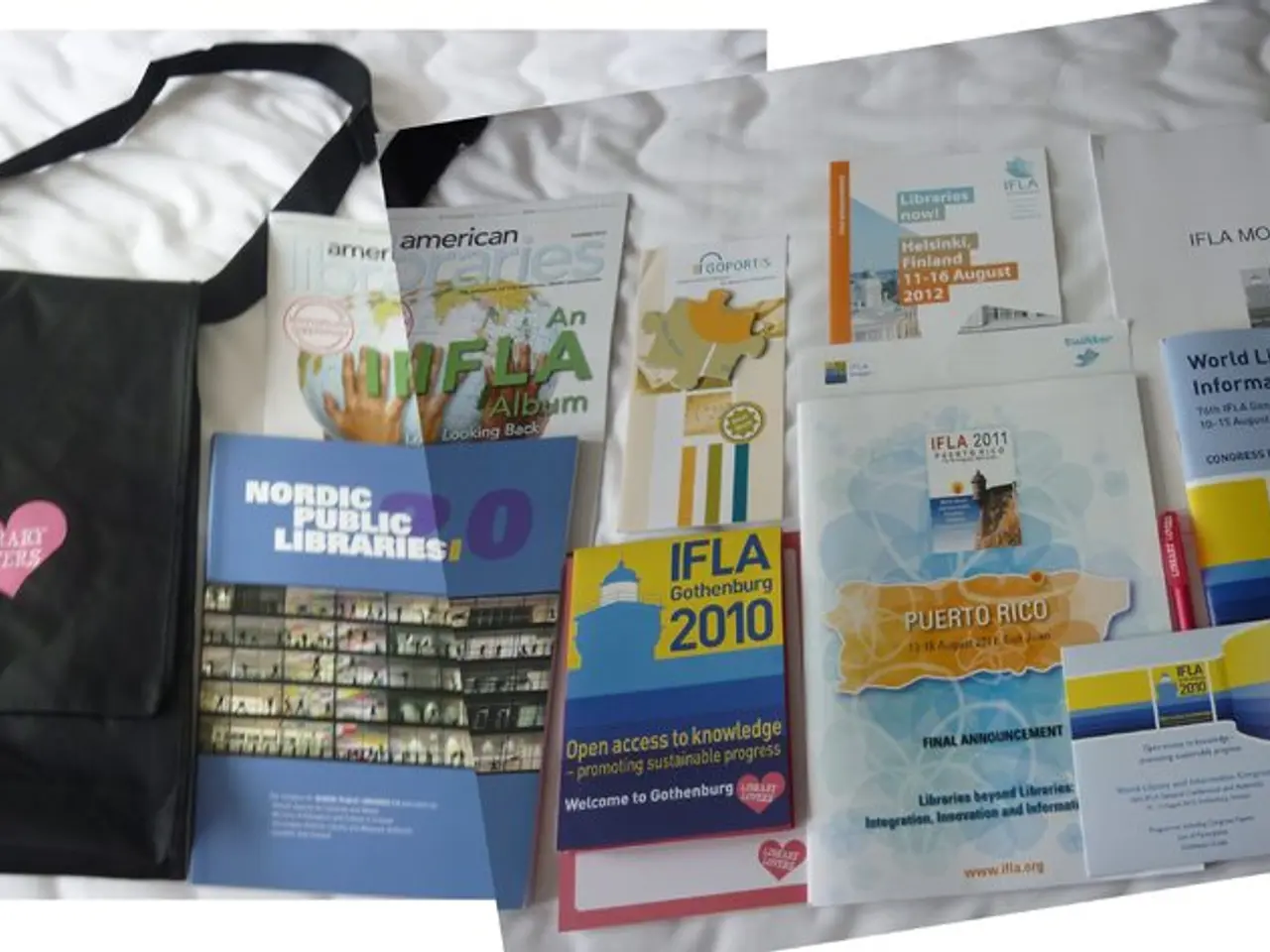Nuclear armaments deemed ethically unacceptable by ECD chairperson
Eighty years ago, the world witnessed the devastating consequences of nuclear war when the United States dropped atomic bombs on Hiroshima and Nagasaki. These events, which took place in August 1945, resulted in massive, long-lasting, and destructive violence, with an estimated 120,000 residents losing their lives.
The bombings had significant geopolitical implications, marking a new era in the use of atomic weapons in warfare. Today, nuclear deterrence remains a central concept in security policy, underpinning some alliances and the security doctrines of major powers. However, the 80th anniversary of these tragic events has renewed global focus on the complex geopolitical role of nuclear weapons and escalating calls for nuclear disarmament.
Japan, as the only nation to have suffered atomic bombings, continues to grapple with its pacifist postwar identity. Contemporary regional threats, such as North Korea’s missile tests and China’s assertiveness, have shifted Japan's security discourse, where it remains protected under the U.S. nuclear umbrella but increasingly discusses defense issues once taboo.
Global leadership reflects a dual message. UN Secretary-General António Guterres commemorated the anniversary by honoring hibakusha survivors and urging the world to protect future generations from nuclear annihilation. Pope Leo XIV emphasized that the bombings serve as a "universal warning" against war’s devastation, calling for justice, dialogue, and fraternity to replace the fragile security based on mutually assured destruction.
Public opinion, particularly in the U.S., remains divided regarding the historical justification of using atomic bombs. Recent surveys show mixed views, with only 35% of Americans affirming justification for the bombings, illustrating evolving perspectives in a nation central to nuclear policy.
Amid these reflections, the renewed discourse on nuclear disarmament stresses "real change" to end the existential threat posed by nuclear arsenals worldwide. Memorial events in Hiroshima draw global attention to the urgent need for arms control and peaceful security frameworks that eliminate reliance on nuclear weapons.
Kirsten Fehrs, Chairperson of the Evangelical Church, has added her voice to these calls. Speaking in Hannover, she stated that nuclear weapons cause massive, long-lasting, and destructive violence and are ethically indefensible. She advocates for efforts to ensure that nuclear weapons are never used again and expressed concern that threats of using nuclear weapons continue to arise in current political conflicts.
In summary, the 80th anniversary highlights a tension: nuclear weapons persist as key geopolitical tools underpinning security arrangements, yet survivor testimony and international leaders increasingly advocate for disarmament to prevent future tragedies comparable to Hiroshima and Nagasaki. This moment serves both as a remembrance and a crucial impetus for renewed global efforts toward nuclear abolition.
[1] Shirk, J. (2019). Japan's Security Dilemma: The Dynamics of Cabinet Decision Making on Security Policy. Stanford University Press.
[2] United Nations. (2021). Statement by the Secretary-General on the 76th anniversary of the atomic bombings of Hiroshima and Nagasaki. Retrieved from https://www.un.org/sg/en/content/sg/statement/2021-08-06/statement-secretary-general-76th-anniversary-atomic-bombings-hiroshima
[3] Vatican News. (2021). Pope Francis: Hiroshima and Nagasaki serve as a 'universal warning' against war. Retrieved from https://www.vaticannews.va/en/pope/news/2021-08/pope-francis-hiroshima-nagasaki-nuclear-weapons.html
[4] Pew Research Center. (2021). Opinions on the atomic bombings of Hiroshima and Nagasaki vary widely in the U.S. Retrieved from https://www.pewresearch.org/fact-tank/2021/08/06/opinions-on-the-atomic-bombings-of-hiroshima-and-nagasaki-vary-widely-in-the-u-s/
[5] International Campaign to Abolish Nuclear Weapons. (2021). Hiroshima and Nagasaki: A Call for Nuclear Disarmament. Retrieved from https://www.icanw.org/hiroshima-and-nagasaki-a-call-for-nuclear-disarmament/
War-and-conflicts continue to shape geopolitics as the 80th anniversary of the atomic bombings in Hiroshima and Nagasaki serves as a crucial impetus for renewed discussion on nuclear disarmament. Politicians, religious leaders, and activists worldwide are emphasizing the need for arms control and peaceful security frameworks, arguing that nuclear weapons cause massive, long-lasting, and destructive violence and are ethically indefensible.








